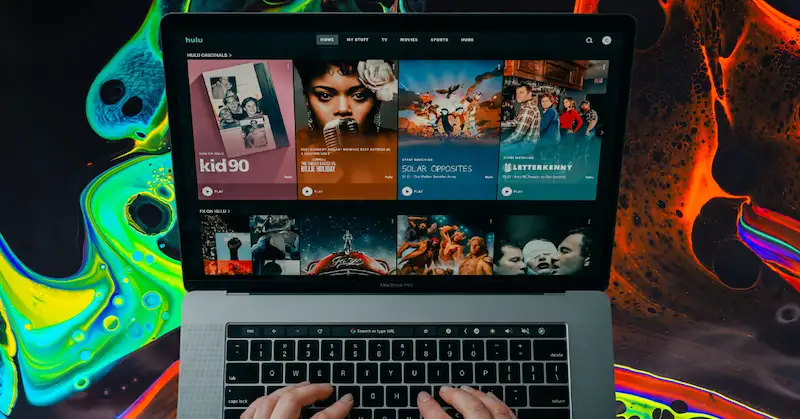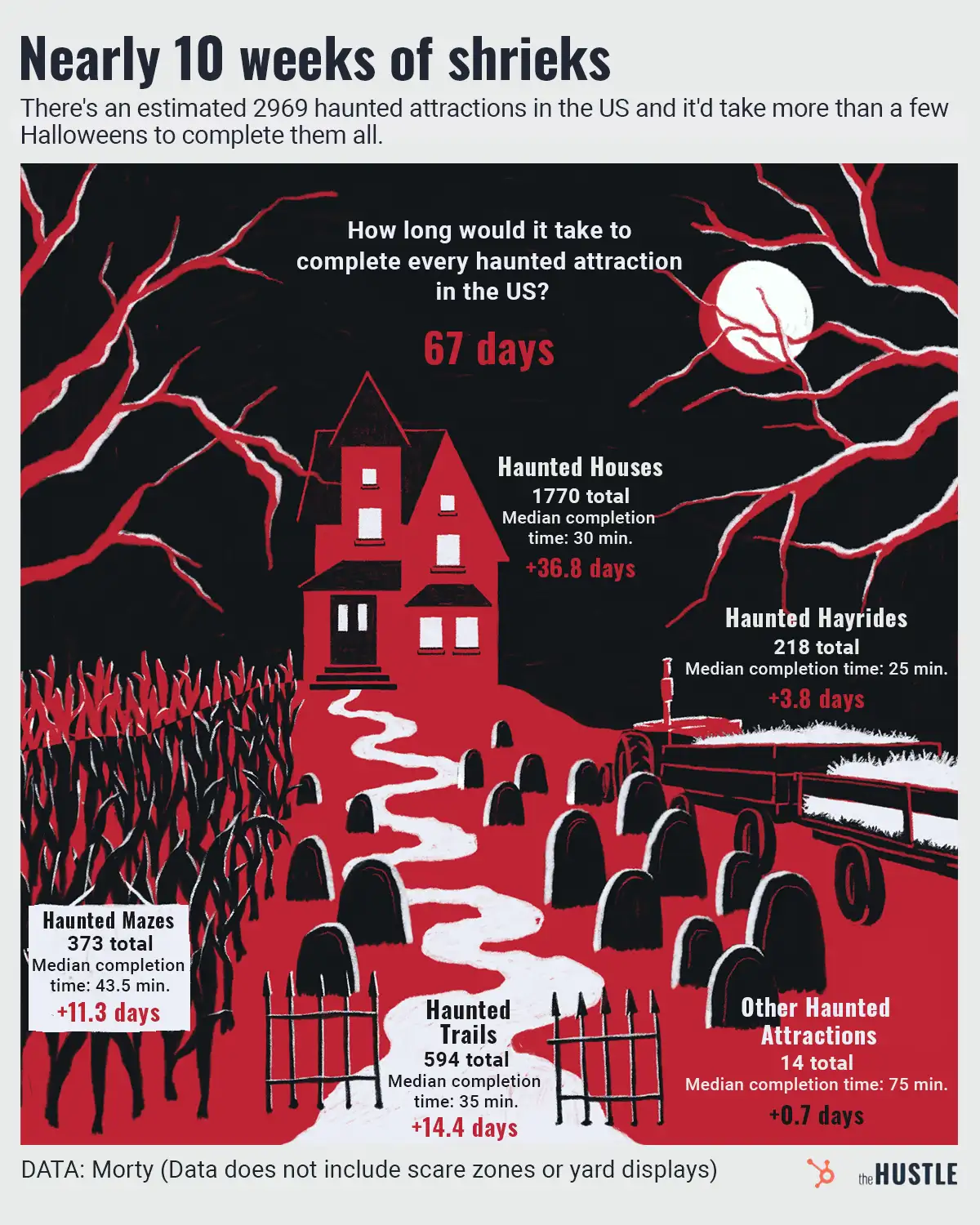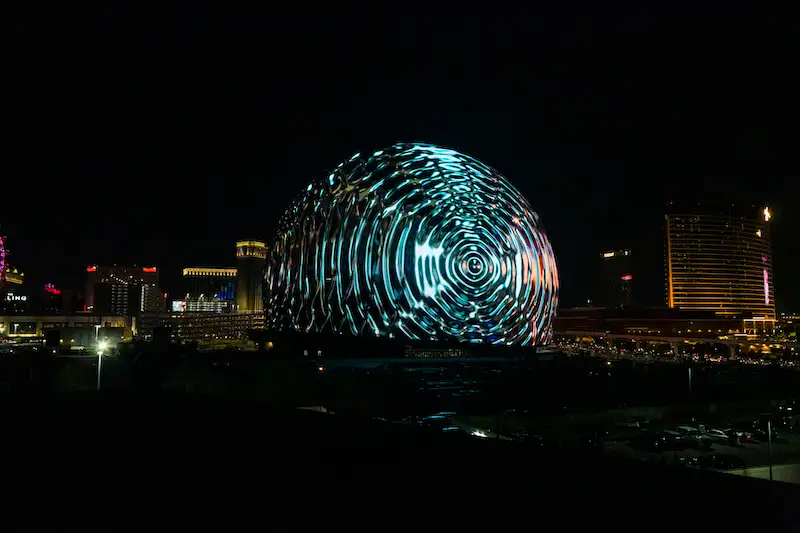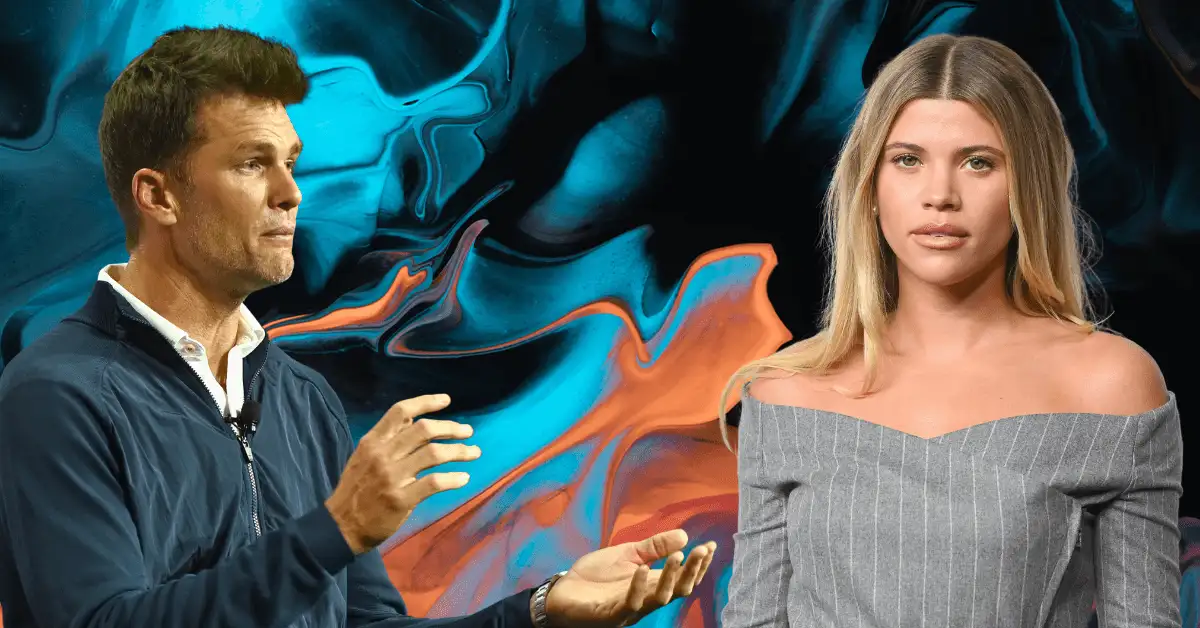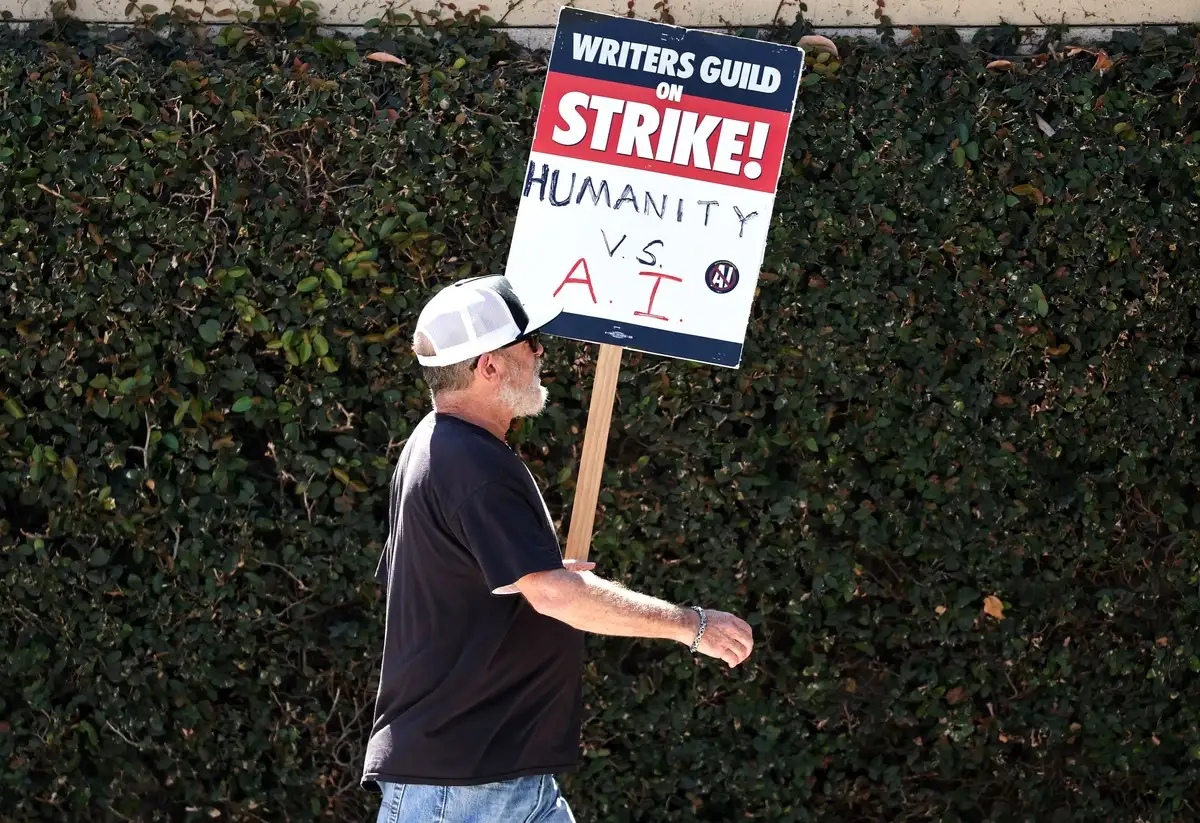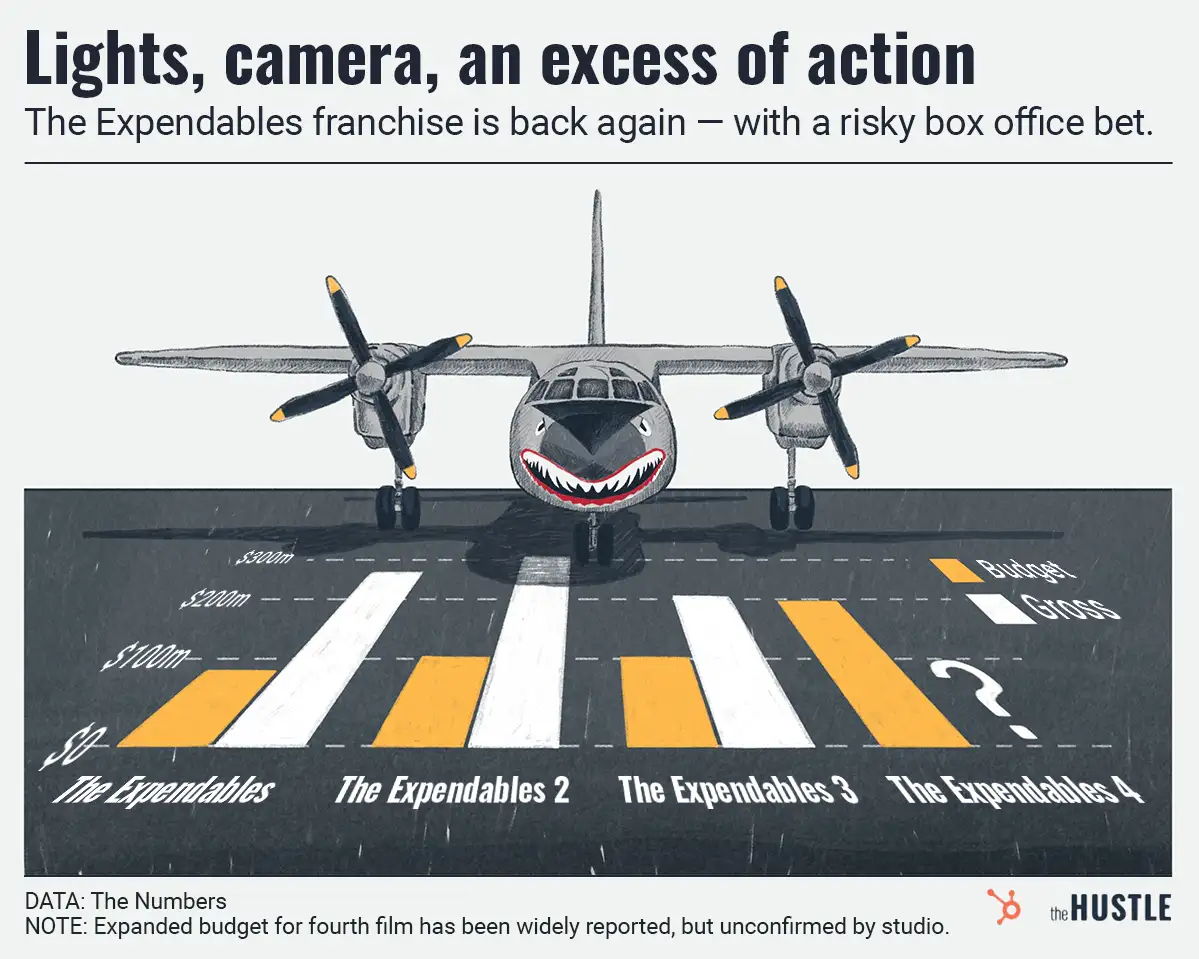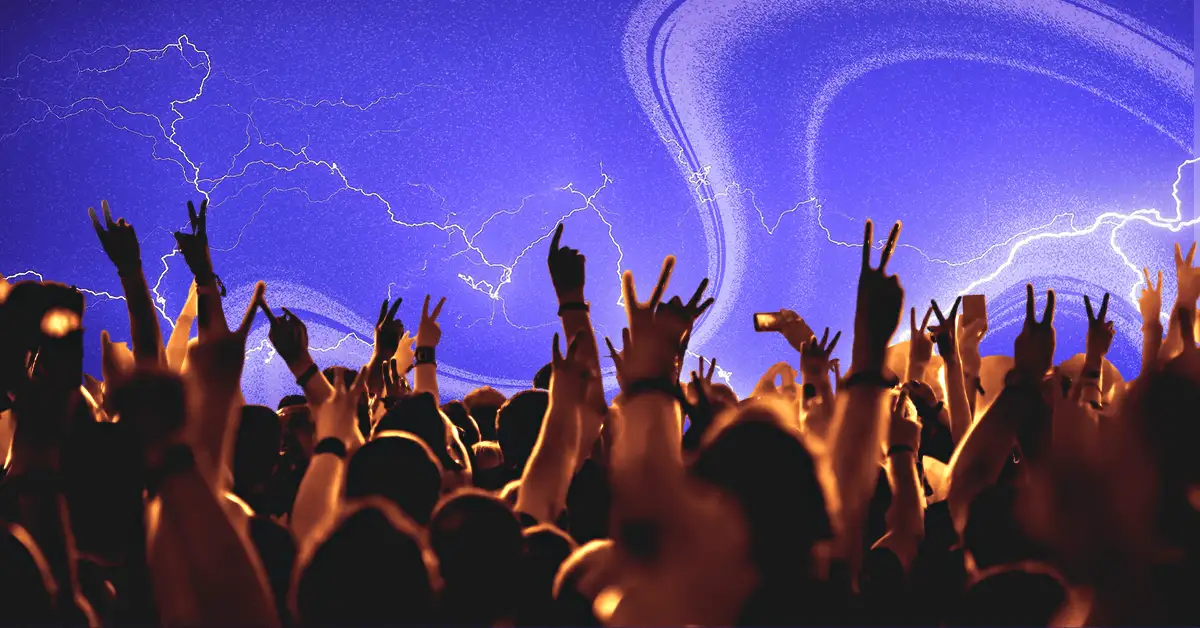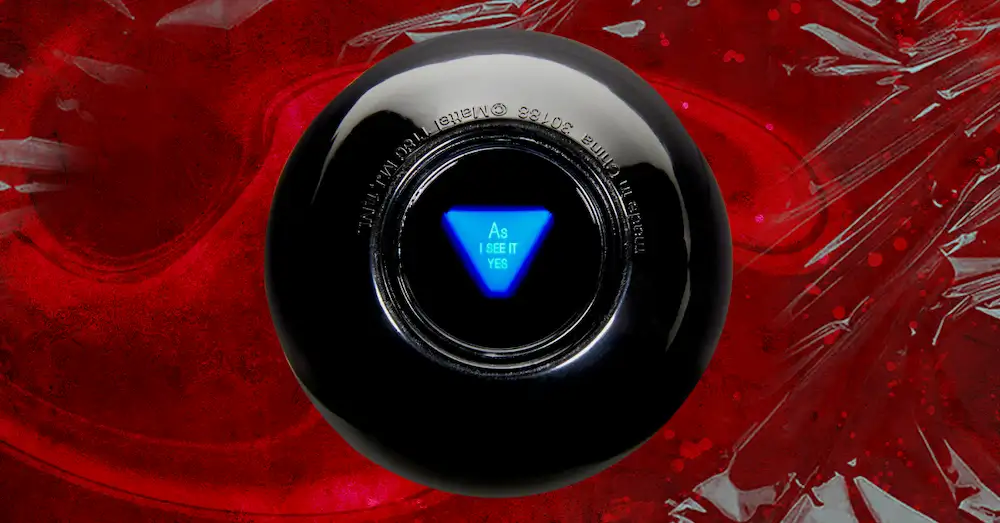Recently, “Dungeons & Dragons” players embarked on their biggest quest yet: convincing Wizards of the Coast (WotC) not to upset the game’s decades-old cottage industry.
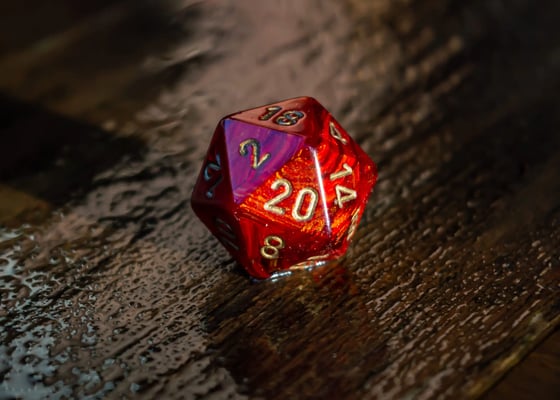
The backstory
“Dungeons & Dragons” — currently owned by WotC, a division of Hasbro — has been around since 1974, but has enjoyed a modern resurgence thanks to:
- The game’s easier-to-learn fifth-edition rule book, released in 2014.
- Pop culture, like Netflix’s “Stranger Things,” and livestreams like “Critical Role.”
- The pandemic, during which players flocked to online sessions. In 2020, the game generated a record $816m in revenue.
But it almost made a big mistake
In December, WotC CEO Cynthia Williams reportedly described D&D as “under-monetized.” Shortly after, a proposed update to its open gaming license (OGL) leaked online.
The OGL dates back to 2000, and allows creators to make and sell products, like custom adventures or maps, using D&D’s framework.
It incentivizes players to create content, as opposed to competing games, and is part of D&D’s lasting popularity.
But the proposed OGL would have imposed royalties on big earners, required creators to submit financial reports, and given WotC the right to use OGL content as it pleased, among other changes.
Players got really, really mad…
… signing an open letter against the update, and threatening boycotts, while other game studios announced their own OGLs.
The backlash was so intense that WotC apologized and completely reversed course on Friday, and added its entire system to a Creative Commons license, so it can be used freely with attribution.
Huzzah? Well, an important lesson was learned about upsetting an extremely loyal fan base — but what lasting impact this mess will have on D&D’s RPG throne remains to be seen.



